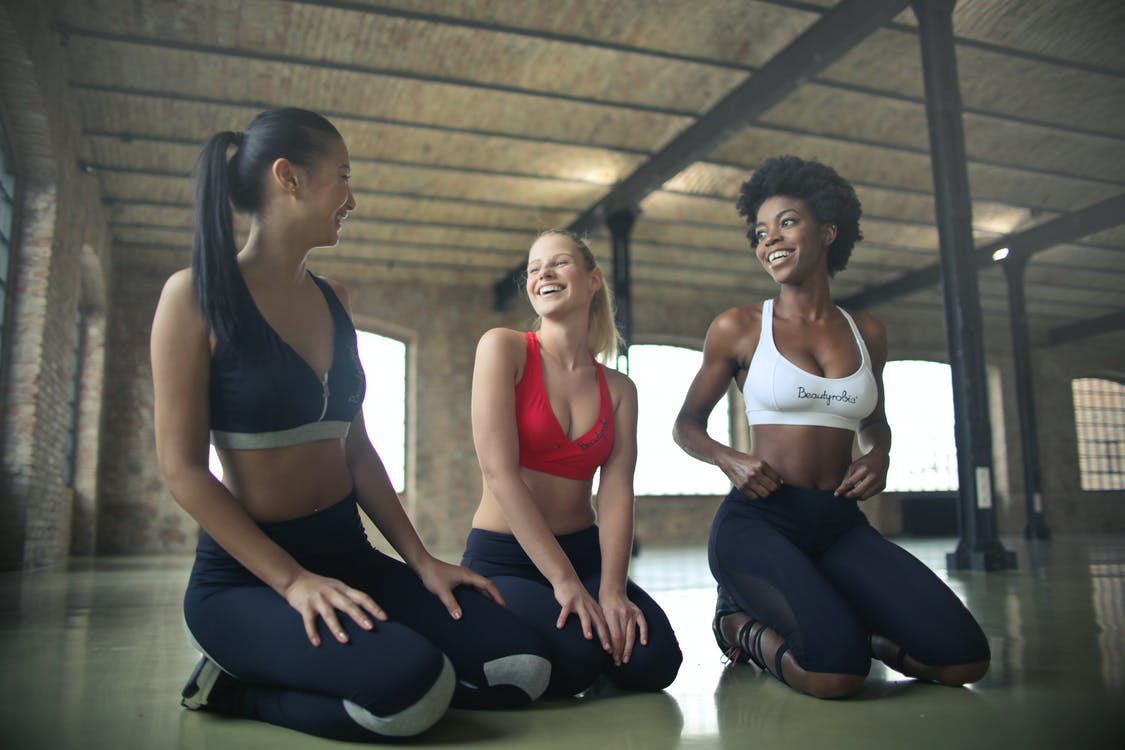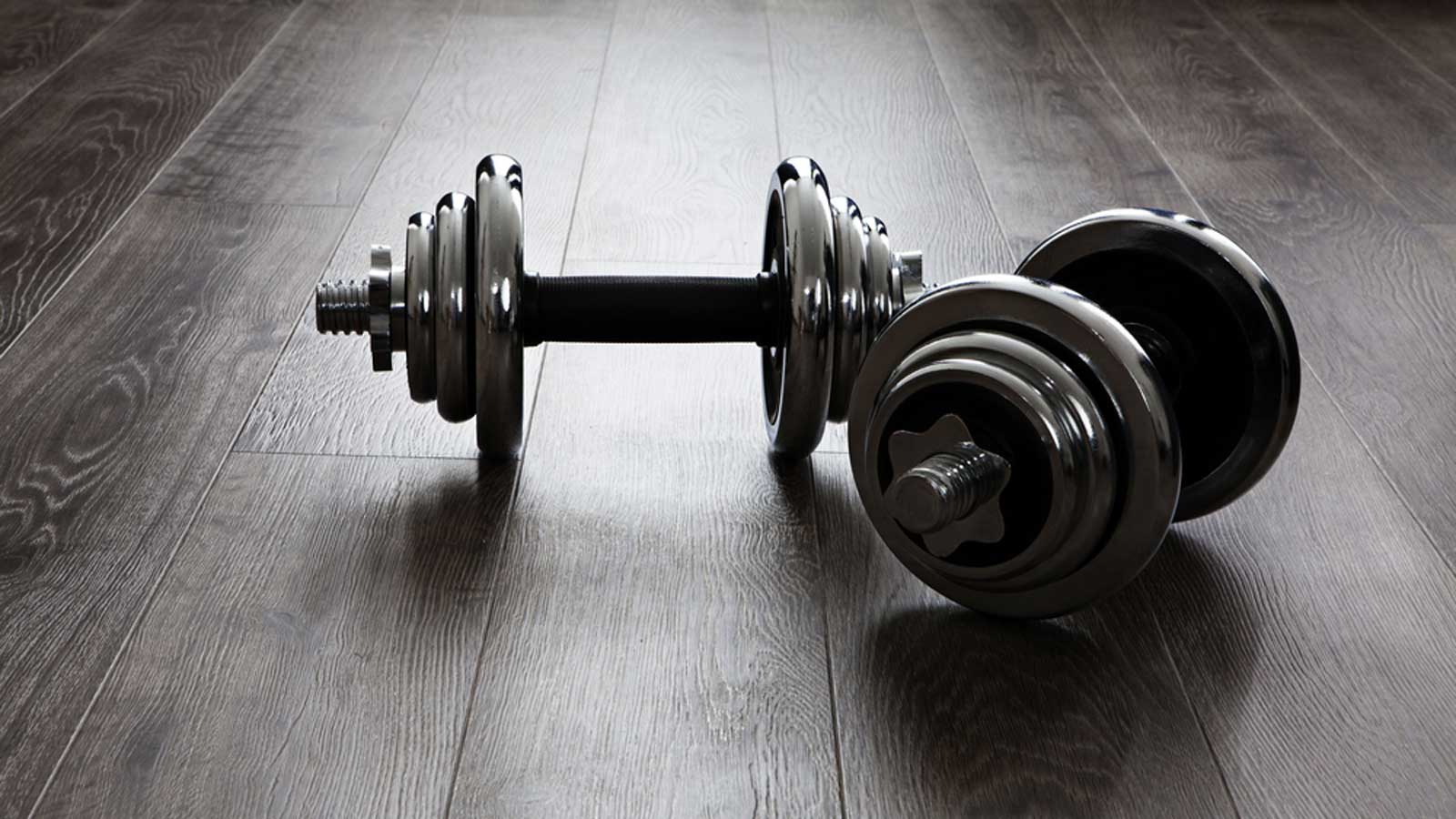
Importance of Regular Physical Exercise
No two people manage their personal self-care goals in quite the same way. While most can agree the term means attending to our own unique needs, few agree on what serves them best.
Here’s the good news: that’s completely normal. Attending to one’s physical, mental, and spiritual wellness can take lots of different forms.
There are some elements of our physical wellness, though, that everyone needs to attend to, and that includes eating a healthy diet and getting enough rest.
However, perhaps the one that is most important — and yet most often overlooked — is exercise.
Physical activity is one of the most important things you can do for your health. It helps you reduce your risk of heart disease and type 2 diabetes. It also helps control your weight.
Muscles and bones become stronger. Your mood gets a good boost, and your mental health improves along with it. It reduces your risk of both colon and breast cancer. And evidence even suggests it helps you live longer.
Perhaps one benefit that few understand is how people in addiction recovery can benefit from exercise. Exercise plays a key role in the treatment of addiction, particularly when combined with other treatment plans.
Success stories abound of people struggling with addiction who committed to an exercise plan and got sober.
Yet, despite all the benefits, many of us aren’t getting the recommended amount of physical activity each week. And when it comes to the guidelines for aerobic and muscle-strengthening activities, most adults are falling short.
If you’re struggling with making physical fitness part of your self-care routine, start addressing your excuses.
Make Fitness Part of Your Self-Care Plan by Eliminating Excuses

These are the common excuses that people have when thinking about committing to regular exercise:
Excuse #1 – “I don’t have time.”
Studies have shown that even a minimal amount of exercise has significant benefits, so don’t start off trying to climb a mountain when a molehill will do. Get a pair of resistance bands and use them during your favorite television program. Introduce your children to some fun online exercise videos, or take a walk during your lunch hour. Make sure to schedule your fitness daily.
Excuse #2 – “I don’t have the money.”
Fitness doesn’t have to cost a thing. You can easily walk, run, or hike in the great outdoors. You can use the internet to explore exercise videos for beginners or more intense aerobic routines. You don’t even need gym equipment; use your own body to get a workout.
Excuse #3 – “I’m too tired.”
You may be tired because you’re not getting enough vitamins, which, in addition to diet and exercise, are essential for feeling your best. Taking a multivitamin every day can help increase energy levels. It also ensures that you’re getting enough nutrients to help benefit all areas of your body and mind, such as your digestive system and mood. Make sure you choose a complete multivitamin that’s easy for your body to break down and absorb.
Excuse #4 – “I can’t stay committed.”
If you’re not able to stay committed to an exercise plan, you’ll likely have to address one of these common problems. You’re too sore. Your routine lacks variety and doesn’t keep you interested. You’re trying to do too much.
Be sure to start with small goals, and try incorporating meditation into your routine to improve your focus — both in your fitness routine and other areas of your life. To get the most out of meditation, you have to do it consistently. You can make it a habit by dedicating a space in your home, like a spare bedroom or the corner of your office, to your practice.
Another way to stay motivated is to incorporate a smartwatch into your routine. With the help of apps, this tech can keep track of how many calories you burn and steps you take, and they can track your heart rate. Newer models from Samsung can also track your blood oxygen levels as well as your sleep.
Excuse #5 – “I don’t like exercising.”
If a trip to the gym or an aerobics class isn’t your thing, you need to find fun ways to add fitness to your life by doing things you enjoy. Start a neighborhood walking group. Working out with a group can provide extra motivation. If you enjoy gaming, you might enjoy using a gaming system with a fitness component. And if you’re tied to your cell phone, use it to find a good fitness app or two instead of surfing Facebook.
Excuse #6 – “I can’t see the results.”
Real visible results from exercise can take time, and that requires sticking with it. Not to mention, plenty of exercise benefits are of the mental variety and may be felt, not seen.
Remember, a comprehensive self-care plan must include physical, mental, and spiritual wellness. Each is just as important as the other. And when all three work in unison, you’ll be feeling the maximum amount of benefits.
To quote Sakyong Mipham, head of a worldwide chain of meditation centers, “the body benefits from movement, and the mind benefits from stillness.” Make sure to address it all.
The Wrap Up
Committing to a fitness lifestyle can be challenging when certain obstacles are not addressed or identified. One of the major things that hold people back from their goals are the excuses that we tell ourselves from time to time. If we can motivate ourselves and identify what’s preventing us to commit to our goals, it becomes much easier to improve our lives mentally, spiritually, and physically.
What else do you want to know?
How to Boost Your Mind and Body for a Healthier, Happier You
Apple Watch Series 5 vs. Series 6
Why Staying Committed to Most Diets is So Difficult
How to Use Meditation for Better Weightlifting Results

Leave a Reply
You must be logged in to post a comment.